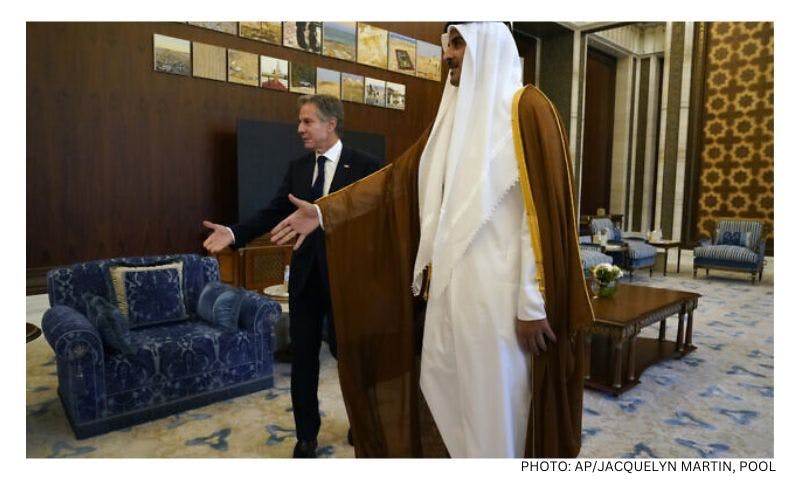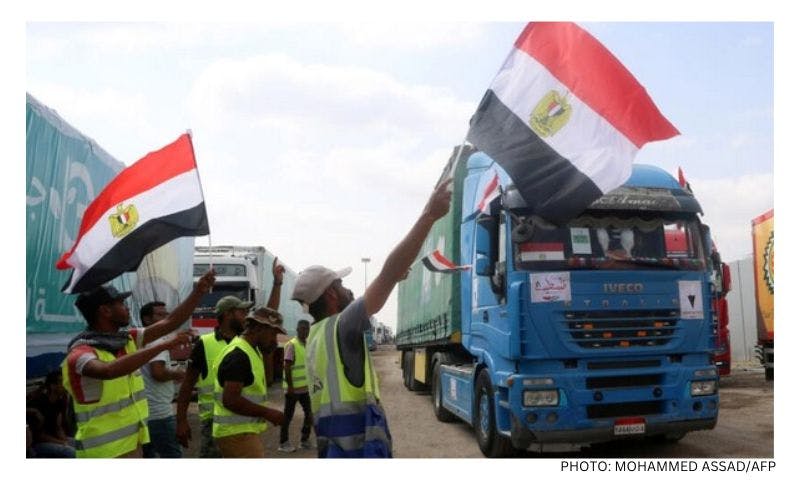Published: 16 September 2017
Last updated: 4 March 2024
The Jewish tradition gave the “fist” another meaning. On Yom Kippur, we use our fist to awaken ourselves, particularly to awaken our hearts.
In my youth I was a competitive swimmer. I received over 300 medals, several of them during the Maccabiah Games. Having been a Maccabiah champion made it more difficult for me to face the tragedy of the collapse of the bridge at the opening ceremony of the 1997 Maccabiah. The Australian delegation took the biggest hit because delegations were marching into the stadium in alphabetical order.
I was appalled by the attempts of the Maccabiah leadership to avoid taking responsibility for the faulty building work, and its obligation to support the families of those who lost their lives. I was disappointed with our government who neglected to enforce regulatory standards and was responsible for the toxic pollution of the Yarkon River. Specifically, I was troubled by the lack of empathy toward the family of Sasha Elterman, who was critically injured in the incident and had to undergo extensive treatment and multiple operations in the years that followed.
In 2004 I organised a protest. I collected Maccabiah medals from fellow Israeli swimmers and travelled to Australia to present the medals to Sasha, as a token of solidarity with her suffering. In my visit I felt the rage of the Australian Jewish community. I felt that a fist was pointed against Israel, the Israeli government and toward the world Maccabi leadership. They felt betrayed.
A fist is clenched when we need to convert the soft open hand into something hard that can protect us from an assault or inflict injury on to others. One way or another, the fist symbolises aggression and violence. However, the Jewish tradition gave the "fist" another meaning. On Yom Kippur, we use our fist to awaken ourselves, particularly to awaken our hearts.
Five times during the service, we perform a “confession” (vidui). We stand with the rest of the community, form a fist with our right hand and hit our chest while chanting a list of sins in alphabetical order: “Ashamnu, Bagadnu, Gazalnu…”(we sinned, we betrayed, we stole, etc.). This is a solemn moment to focus on our own role in the collective sin.
I find much meaning in this ritual. It is first and foremost an act of taking responsibility, of being accountable. Clearly, when I chant those verbs I am aware of the fact that I did not commit all those sins that are mentioned on the list. But I still announce in public that I committed them. Second, we announce the sins in the “plural”. It is not “I sinned, I betrayed, I stole…”, it is us. We take responsibility in public and we do it collectively.
All my life I have been fighting for the fulfilment of this standard: take responsibility, be accountable. I actually initiated the invention of a Hebrew word for “accountability” that did not exist in our Modern Hebrew vocabulary. It turned out to be a very hard word to pronounce and therefore is not often used (the word is אחריותיות achrayootiut).
Yom Kippur gives us an opportunity to rest from blaming those who are directly responsible. It allows us “a pocket in time” to look at our role as ones who are indirectly responsible. I believe that our silence is our main sin. When it comes to Israel I find that my counterparts in the Diaspora are often silent. They explain and justify their silence by the fact that since they don’t pay taxes here and do not send their children to the army they have to stay silent. They are afraid to add their criticism to the unjust accusations against Israel by its enemies.
I believe Israel is way too important to be left only to the Israelis. Israel is the most significant collective Jewish project of our lifetime. Being engaged with Israel is not like being spectators in a sports tournament. It requires active participation. Diaspora Jews are a precious reservoir of wisdom and wealth. Do not hold back. Speak out openly and lovingly. We are all together walking on a narrow bridge.
והעיקר לא לפחד כלל .





Comments
No comments on this article yet. Be the first to add your thoughts.